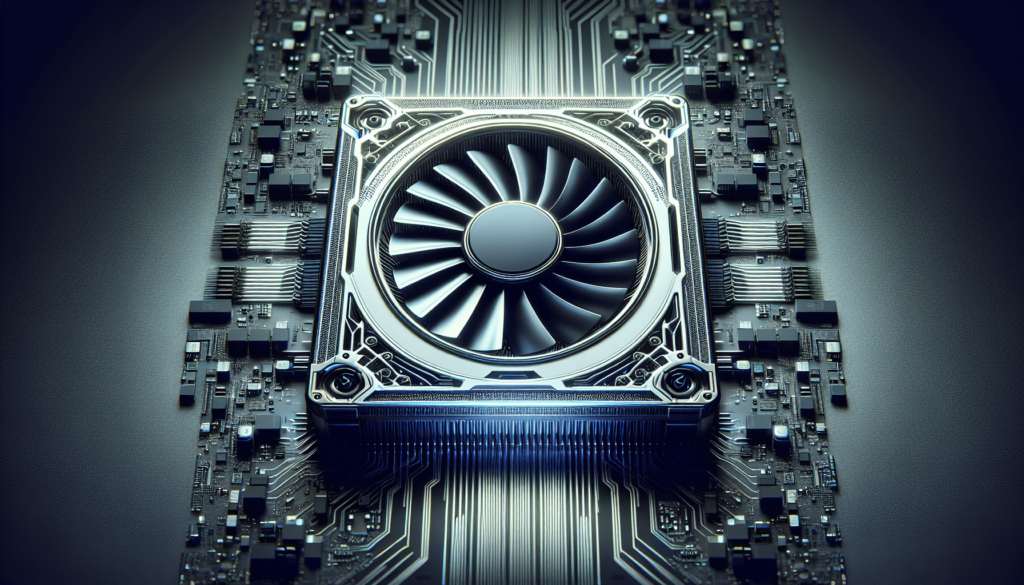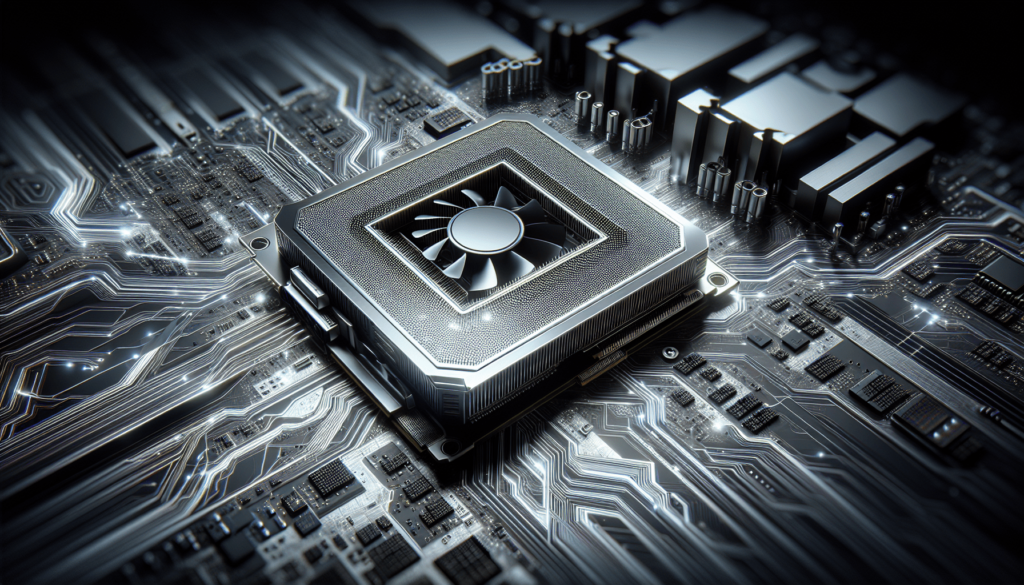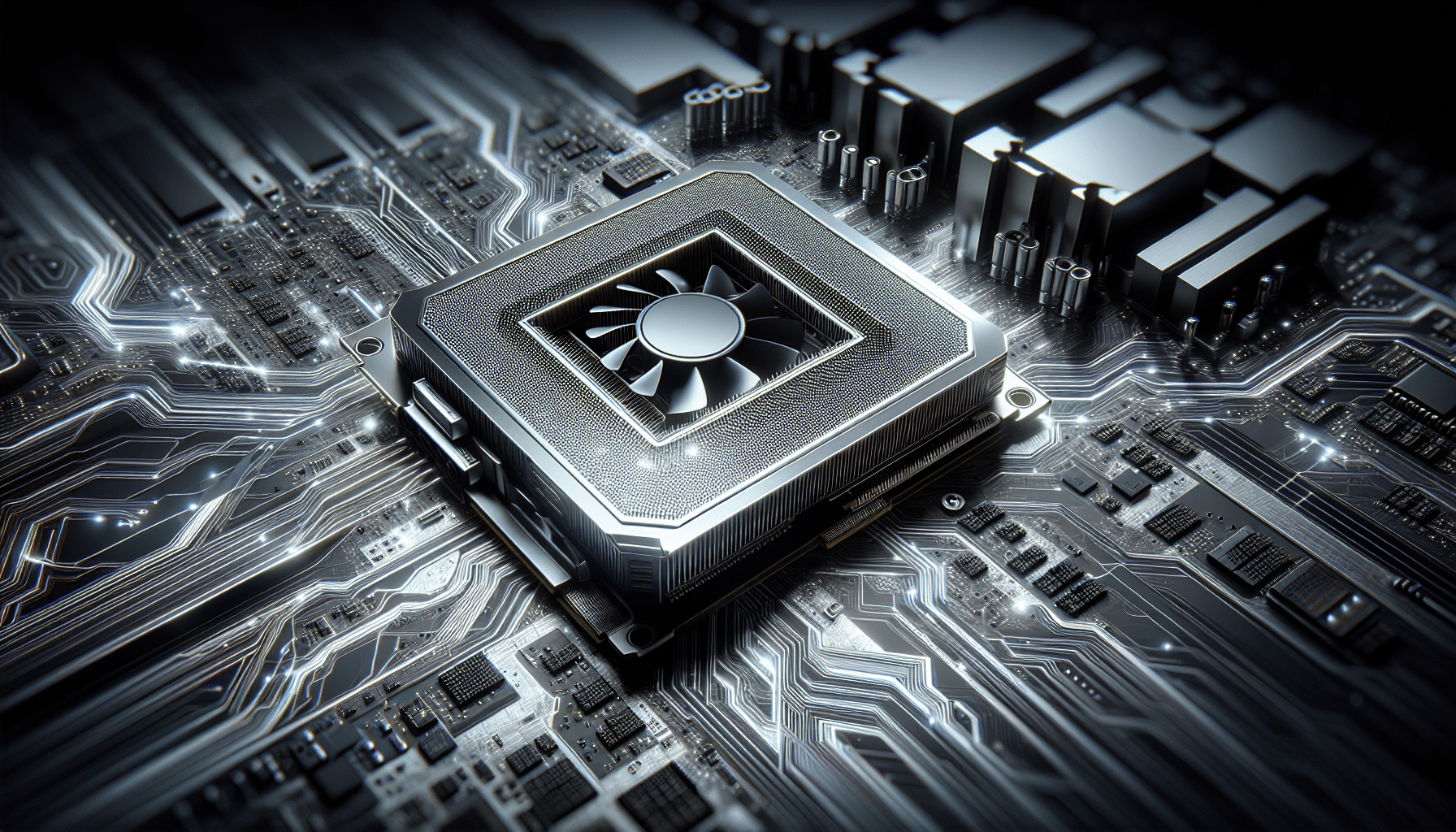Welcome to the fascinating world of artificial intelligence and the impact that GPUs have on its performance. GPUs, or graphics processing units, play a crucial role in enhancing the speed and efficiency of AI algorithms. By offloading complex computational tasks onto specialized hardware, GPUs can significantly accelerate AI training and inference processes. In this article, we will explore the various ways in which GPUs are revolutionizing the field of AI and driving advances in machine learning. So sit back, relax, and prepare to be amazed by the incredible capabilities of GPUs in boosting AI performance.
The Impact of GPUs on AI Performance
Have you ever wondered how GPUs affect AI performance? Let’s dive into the world of graphics processing units (GPUs) and their impact on the performance of artificial intelligence (AI) systems.

Understanding GPUs and AI
When it comes to AI performance, GPUs play a crucial role in accelerating the process. GPUs are specialized processors originally designed for rendering graphics in video games. However, due to their parallel processing capabilities, they have become a vital component in AI development.
Parallel Processing Power
GPUs are built with thousands of cores that allow them to perform multiple calculations simultaneously. This parallel processing power is essential for AI tasks that require complex computations, such as deep learning algorithms. By dividing tasks into smaller parts and processing them concurrently, GPUs can significantly speed up AI performance.
Training AI Models
One of the most computationally intensive tasks in AI development is training machine learning models. This process involves feeding large amounts of data to the model and adjusting its parameters to minimize errors. GPUs excel at this type of workload due to their ability to handle massive amounts of data in parallel.
Inference Speed
In addition to training models, GPUs also play a crucial role in the inference phase of AI applications. Inference is the process of applying a trained model to new data to make predictions or decisions. GPUs can process this data quickly, making real-time AI applications feasible.
GPU vs. CPU Performance
While central processing units (CPUs) can also perform AI tasks, they are not as efficient as GPUs due to their sequential processing nature. CPUs are better suited for general-purpose computing tasks, while GPUs are optimized for parallel processing. When it comes to AI performance, GPUs outperform CPUs in terms of speed and efficiency.
GPU Architectures
There are different GPU architectures available in the market, each with its own strengths and weaknesses when it comes to AI performance. It is essential to choose the right GPU architecture based on the specific requirements of your AI application.

NVIDIA GPUs
NVIDIA is one of the leading manufacturers of GPUs for AI applications. Their CUDA programming platform allows developers to harness the parallel processing power of NVIDIA GPUs efficiently. NVIDIA GPUs are widely used in deep learning frameworks such as TensorFlow and PyTorch.
AMD GPUs
AMD is another popular choice for GPUs in AI development. Their Radeon Instinct series is designed for machine learning and AI workloads, offering high performance and energy efficiency. AMD GPUs are compatible with popular AI frameworks and tools, making them a viable option for AI practitioners.
Choosing the Right GPU for AI
When selecting a GPU for AI development, it is essential to consider factors such as performance, price, power consumption, and compatibility with AI frameworks. Conducting benchmark tests and comparing different GPUs based on these criteria can help you make an informed decision.
Benchmarking GPU Performance
Benchmarking is a crucial step in evaluating the performance of GPUs for AI workloads. By running standardized tests and measuring metrics such as processing speed, memory bandwidth, and energy efficiency, you can determine which GPU is best suited for your AI application.
Deep Learning Frameworks and GPUs
Deep learning frameworks such as TensorFlow, PyTorch, and Keras rely heavily on GPU acceleration for training and inference tasks. These frameworks have built-in support for GPU computing, allowing developers to leverage the power of GPUs seamlessly. Choosing the right GPU for your deep learning projects can significantly impact performance.
Distributed GPU Computing
For large-scale AI projects that require significant computational power, distributed GPU computing can be a game-changer. By connecting multiple GPUs across a network and utilizing specialized software such as NVIDIA NVLink, developers can scale their AI applications and achieve faster processing speeds.
Real-world Applications
The impact of GPUs on AI performance is evident in various real-world applications. From autonomous vehicles and healthcare diagnostics to financial analysis and natural language processing, GPUs have revolutionized the way AI systems operate. By harnessing the parallel processing power of GPUs, developers can create more efficient and capable AI solutions.
Future Trends in GPU Technology
As AI continues to evolve and demand for faster processing speeds increases, GPU technology is expected to advance further. Companies like NVIDIA and AMD are investing heavily in research and development to improve GPU performance and efficiency for AI workloads. The future of AI development looks promising with the continued innovation in GPU technology.
Conclusion
In conclusion, GPUs play a crucial role in enhancing AI performance through their parallel processing capabilities. From training machine learning models to accelerating inference tasks, GPUs have become an indispensable tool for AI practitioners. By understanding the impact of GPUs on AI performance and choosing the right GPU for your projects, you can unlock the full potential of artificial intelligence. So, next time you wonder how GPUs affect AI performance, remember their essential role in driving innovation and advancement in the field of artificial intelligence.
